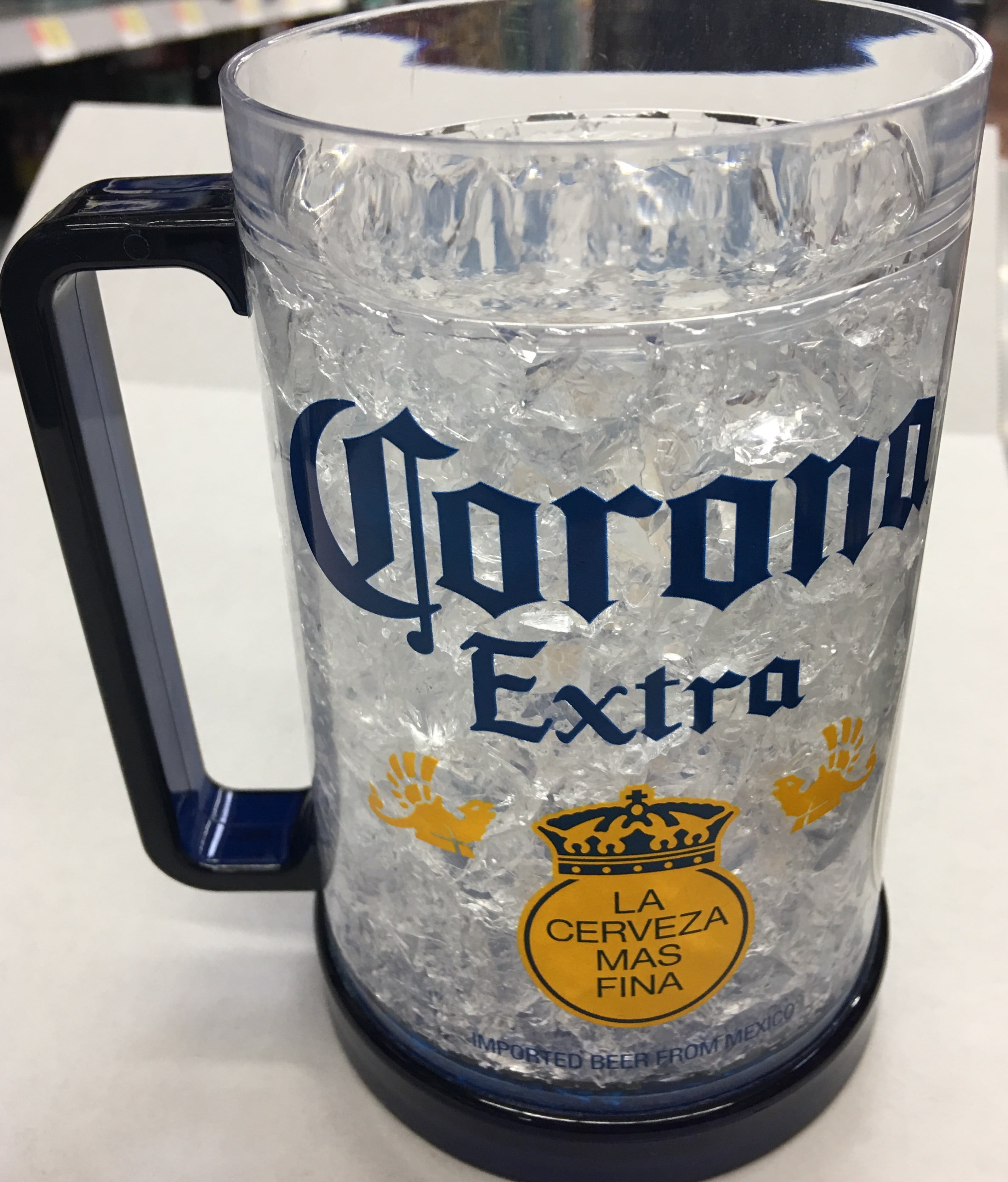

The fizzy drinks may not have stopped drunkenness but they were hugely popular with all sections of society. More exotic flavours such as American cream soda and dandelion and burdock were soon added to the list. They sold a wide range of drinks, starting with the original orangeade and then moving on to others such as limeade and cherryade. Over 200 salesmen, each driving a horse and cart, were soon operating across south Wales.
#Corona logo driver
And so it was decided that the product should be sold, door to door.Ĭorona pop horse and driver (Photo: Alan George ) But although the factory soon became a local landmark, sale of the fizzy drinks had little effect on drunkenness. Their Porth factory was equipped with state of the art machinery in order to bottle the liquids and to clean empty bottles. The rest, as they say, is history.Īfter visiting several manufacturers of carbonated mineral waters - in order to see how it was done - Evans and Thomas were ready for business. It involved fitting each bottle with a glass marble, a rubber washer and a swing top that forced the marble into the neck of the bottle, so forming a tight seal. But then American Hiram Codd invented a revolutionary new system. To begin with manufacturers simply hammered in a cork and wired it tight - a solution that was only partially successful.
#Corona logo how to
The problem had always been how to keep the fizz in the bottle. They had already been introduced to soft drinks by a peddler from west Wales - artificial carbonated mineral water had been first produced by Joseph Schweppe in Switzerland in the 18th century and so it was not a new invention. Grocers Evans and Thomas from Porth were determined to find an alternative drink for the miners. The Rhondda Valleys at this time were in the grip of the "coal rush." They were full of coal mines and the pubs of the region did a thriving business as men, after a day down the pit, were desperate to quench their thirst. The firm had its origins in the temperance movement that was so strong in Britain during the final years of the 19th century. The original factory opened in the 1890s under the name of Welsh Hills Mineral Waters, the name Corona only being adopted in the 1920s as the company expanded its range of activities to include all of Wales and many parts of England. The pop - carbonated beverage to give it the correct name - was produced by the Corona Soft Drinks Company, a firm that had been created by two Rhondda grocers, William Evans and William Thomas. And it all began with a small factory in Porth at the foot of the Rhondda valleys.

Corona pop man (photo: Alan George, )Ĭorona drinks were for so many years, delivered to the doors of houses across the land, first by horse and cart and then by lorry.


 0 kommentar(er)
0 kommentar(er)
